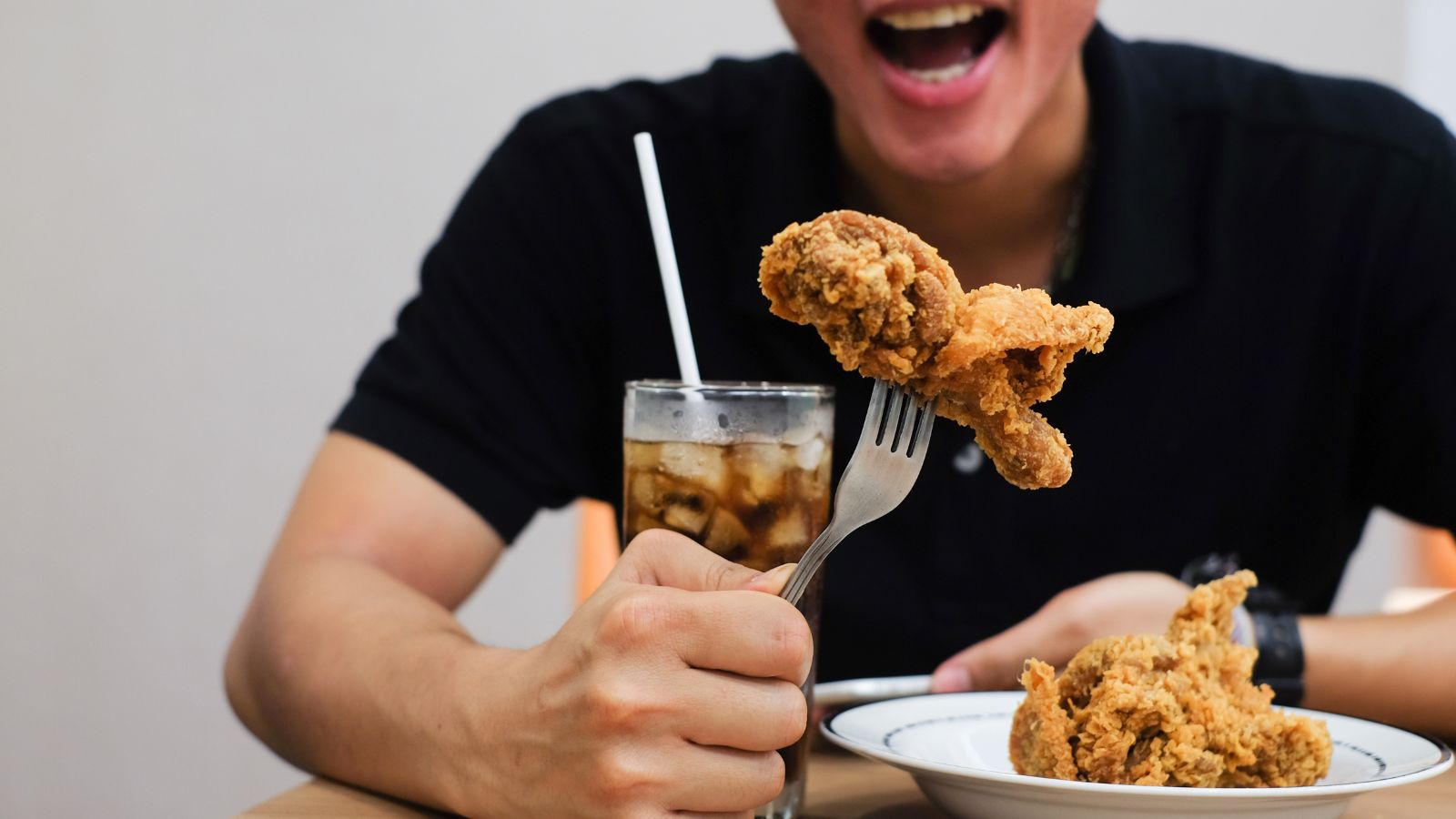British and American English might share the same roots, but when it comes to phrases and idioms, they can sometimes feel like completely different languages. If you’ve ever found yourself puzzled by a British friend’s choice of words, you’re not alone. Here are 17 common British phrases that leave Americans confused.
“Bob’s your uncle”

Collins Dictionary defines “Bob’s your uncle” as “everything is or will turn out all right,” for example, if you’re giving directions and say, “Turn left, then right, and Bob’s your uncle,” you’re essentially saying the destination will be right there. It’s a quirky way to wrap up instructions or confirm that something is easily done.
“Chuffed to bits”

When a Brit is “chuffed to bits,” they’re extremely pleased or happy, so it’s like saying you’re over the moon in American English. Whether it’s about getting a promotion, hearing good news, or just enjoying a lovely day, this phrase perfectly captures that feeling of delight.
“Cheeky Nando’s”

The saying “cheeky Nando’s” has become iconic, especially online. A “cheeky Nando’s” refers to a spontaneous trip to the popular chicken restaurant chain Nando’s. It implies a sense of fun and naughtiness like you’re treating yourself to something delicious and maybe a bit indulgent.
“Throw a spanner in the works”

If something has “thrown a spanner in the works,” it means an unexpected problem or obstacle has disrupted plans. It’s akin to saying “throw a wrench in the gears” in the USA, and this phrase is often used when something goes wrong and causes a delay or complication.
“Taking the mickey”

To “take the mickey” means to mock or tease someone in a good-natured way, and it’s all about joking around without intending to offend. If someone’s taking the mickey out of you, they’re likely poking fun at something you said or did, but it’s meant to be light-hearted and humorous.
“Bits and bobs”

“Bits and bobs” is the British equivalent of “odds and ends” in American English. You might use this phrase when talking about the miscellaneous things cluttering your desk drawer or the assortment of items you need to pick up from the store.
“Kip”

A “kip” is a nap or a short sleep. Brits might say they’re going for a kip if they’re feeling tired and need a quick rest because it’s a simple, informal way to talk about catching a few winks. It’s normally used in the context of a brief, refreshing snooze.
“Peckish”

If someone says they’re “peckish,” it means they’re slightly hungry—not the ravenous hunger that demands a full meal, but rather a light hunger that could be satisfied with a snack. This charming term perfectly captures that in-between feeling of wanting a little something to eat.
“Bangers and mash”

The phrase “Bangers and mash” refers to a classic British dish of sausages and mashed potatoes. While the dish itself is straightforward, the name might leave Americans puzzled. Remember that “Bangers” are sausages, and “mash” is mashed potatoes. Together, they make a hearty and beloved meal in the UK.
“Full of beans”

When someone is described as “full of beans,” it means they’re energetic and lively, similar to saying someone is full of energy or very enthusiastic. This phrase paints a picture of someone who is bursting with vitality and excitement, ready to take on the day.
“Skive”

To “skive” means to avoid work or school, often by pretending to be ill. It’s the British equivalent of playing hooky, so if someone’s skiving off, they’re dodging their responsibilities, usually in favour of something more enjoyable or relaxing.
“Dodgy”

“Dodgy” is used to describe something or someone suspicious, unreliable, or of poor quality. It could refer to a shady deal, a suspicious character, or even a poorly made product, and this versatile word conveys a sense of wariness and mistrust.
“Fancy”

In British English, “fancy” can mean to like or desire something, so if an English person says they fancy a cup of tea, it means they’d like one. Similarly, if they say they fancy someone, it means they’re attracted to that person, a versatile word that’s all about personal preference or attraction.
“Gutted”

If someone is “gutted,” they’re extremely disappointed or upset. This conveys a deep sense of sorrow or frustration, much stronger than just being a little let down. It’s used in situations where things have gone wrong significantly, leaving someone feeling truly disheartened.
“Waffle”

To “waffle” means to talk at length without saying anything substantial, and it’s the British equivalent of rambling or going off on a tangent. If someone’s waffling, they’re likely filling the conversation with unnecessary details or digressions rather than getting to the point.
“Gobsmacked”

To be utterly astonished or amazed means to be “gobsmacked.” This vivid term paints a picture of someone’s mouth (or “gob”) hanging open in shock. Whether it’s due to surprising news or an incredible sight, this phrase captures the feeling of being completely taken aback.
“Naff”

And lastly, “naff” is used to describe something that’s uncool, tacky, or in poor taste—a bit of a catch-all term for anything that’s seen as unfashionable or undesirable. If something is naff, it’s not just out of style but is downright cringe-worthy in the eyes of the beholder.







